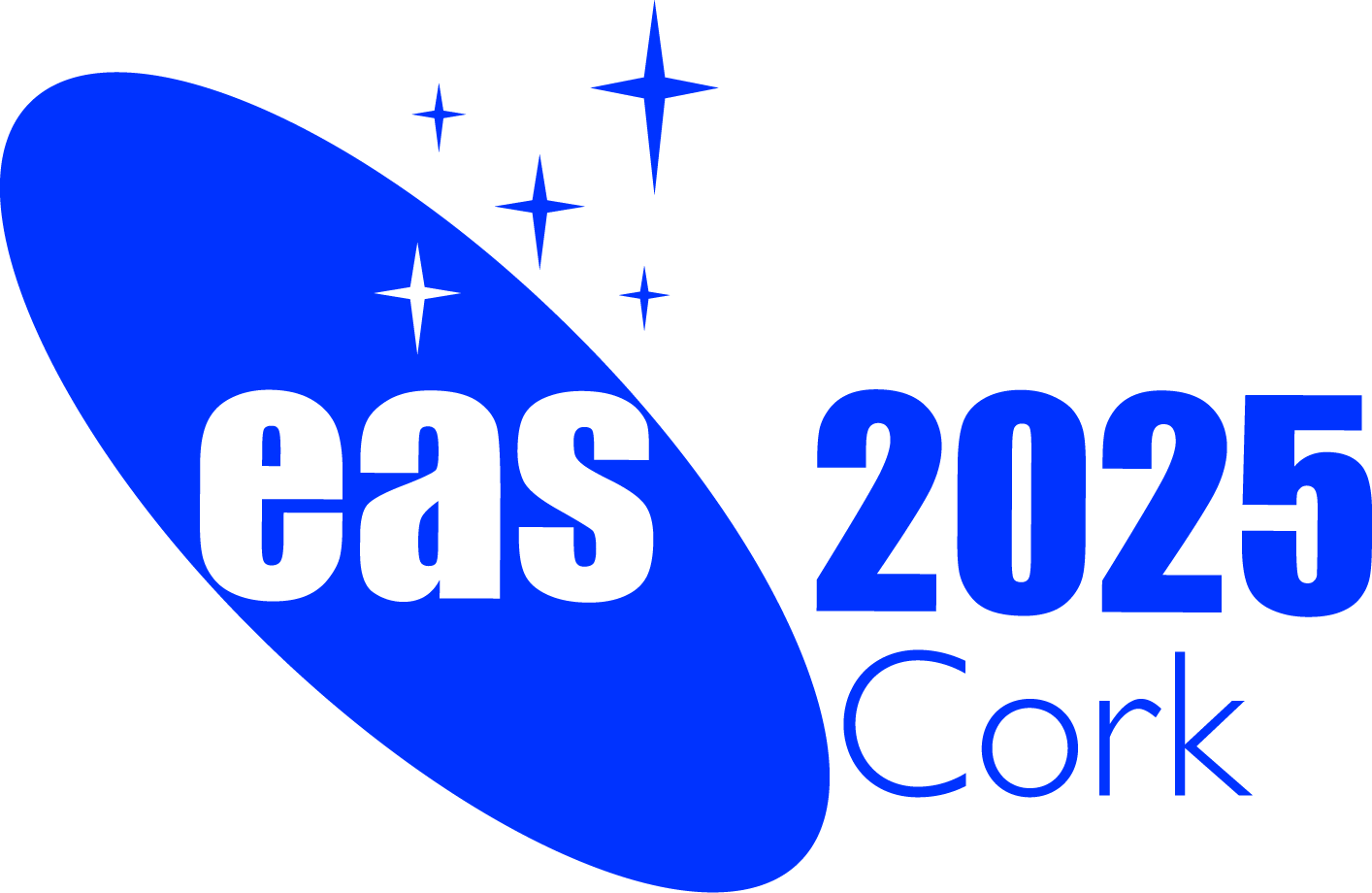
|
European Astronomical Society
|

|
|
|
|
|
|
EAS Job Directory
Find Jobs
| PhD in Supernovae and Transients at Trinity College Dublin | Closing date: 2024-02-20
Contact: Kate Maguire |
| Applications are invited for a four-year PhD position in supernova and transient research at Trinity College Dublin, Ireland. The successful applicant will join the group of Prof. Kate Maguire to work on topics related to the ERC-funded project, CosmicLeap, with the ultimate goals of constraining the multiple ways that white dwarf stars can explode, their contribution to nucleosynthesis, and improving the use of Type Ia supernovae as precision cosmological probes. | | ▸ more | Applications are invited for a four-year PhD position in supernova and transient research at Trinity College Dublin, Ireland. The successful applicant will join the group of Prof. Kate Maguire to work on topics related to the ERC-funded project, CosmicLeap, with the ultimate goals of constraining the multiple ways that white dwarf stars can explode, their contribution to nucleosynthesis, and improving the use of Type Ia supernovae as precision cosmological probes.
The supernova and transient group are actively involved in several transient surveys, including the Zwicky Transient Facility, the upcoming La Silla Southern Sky Survey (LS4), and the Time Domain Extragalactic Survey (TiDES) of the multi-object spectroscopic survey, 4MOST. The data from these surveys, combined with the huge rate of data from the Rubin Observatory?s LSST along with detailed comparisons via machine-learning with explosion models, will revolutionise our understanding of extragalactic transient phenomena. The group has access to dedicated computing servers and high-performance facilities through Trinity?s Research IT infrastructure and the Irish Centre for High-End Computing (ICHEC).
Successful applicants will have the possibility to focus their research based on their skills and interests. Potential projects could be related to exploiting these new data in the context of understanding how white dwarfs explode, their host galaxy dependencies, and their use for new cosmological measurements. More computationally-focussed projects are also possible, such as rapid radiative transfer modelling of explosive transients and/or the development of novel machine-learning techniques for comparing explosion models to these new datasets.
The successful candidate will become part of the Trinity Astrophysics Group and will be encouraged to actively contribute with other researchers in the lively, diverse, and friendly research environment at Trinity College Dublin, as well as become a member of the international collaborations the group are part of. Trinity?s campus is in the heart of Dublin, which hosts several other research institutes, with an active community in supernova and transient research.
Applicants must have achieved, by the start date a 1st or upper 2nd class (I or II.I, or equivalent: http://tiny.cc/grtab) in a Masters or four-year undergraduate degree in astrophysics or a related field. The nominal start date is September 1st, 2024, but a later starting date can be negotiated. This PhD studentship is open to EU/EEA/UK applicants (subject to confirmation of status), though full consideration will be given to exceptional non-EU candidates. The position is fully funded for four years (as is standard in Irish Universities) and covers tuition fees and a tax-free stipend of 25000 euro per year, as well as a laptop/computer and work-related travel costs.
Applicants should submit a CV (max 2-pages), including the names of two referees who will be contacted if shortlisted, and a statement (max one-page) outlining their academic experience and motivation for pursuing this PhD position. Complete applications received by the application deadline of 20th February 2024 will receive full consideration. Applications from traditionally under-represented minorities in physics and astronomy are particularly welcomed.
Applications, as well as any queries, can be submitted via email to astrojobs @ tcd.ie - 'Supernovae and Transients PhD' application in the subject heading.
|
More resources
Links to other job lists
|

